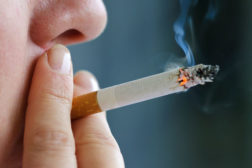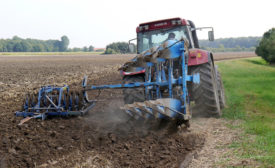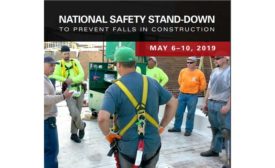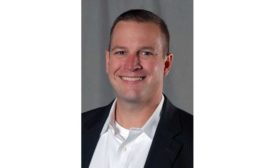News
Want to learn a new skill? Take some short breaks
NIH study suggests our brains may use short rest periods to strengthen memories
April 16, 2019
Groundbreaking Legionella prevention model reported
Number of cases has jumped since 2002
April 16, 2019
Five ways to move more at work and make it count
April is "Move More Month"
April 16, 2019
Never miss the latest news and trends driving the safety industry
eNewsletter | Website | eMagazine
JOIN TODAYCopyright ©2024. All Rights Reserved BNP Media.
Design, CMS, Hosting & Web Development :: ePublishing









